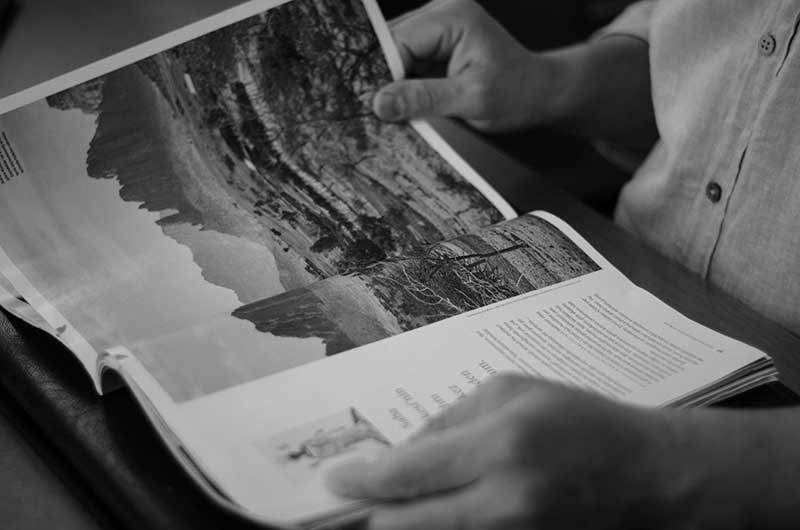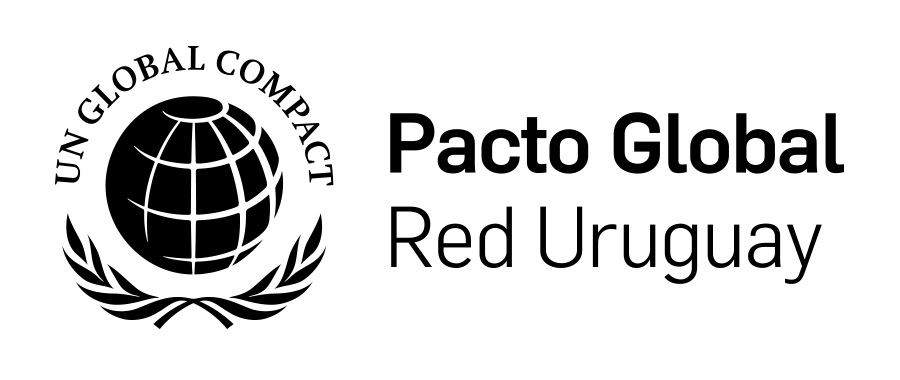Management for Sustainable Development
What is Altus?

We are IQNET in Uruguay
IQNET is the leading network of certification bodies globally, responsible for approximately 25% of all management system certificates issued worldwide. As part of IQNET, LSQA has full access to exchange and cooperation with its associated members worldwide, which will provide multiple benefits, greater value, and support to CLIENTS.
IQNET consists of 36 member bodies with more than 2000 subsidiaries distributed globally. Its members have issued more than 310,000 certificates in 150 countries and have over 17,000 auditors and experts to audit in 30 different languages.
This allows for the creation of an international certification network with a vast array of products and services and the development of tools to promote quality improvement in services. Being part of the IQNET network is synonymous with guarantee; its partners are continuously trained and maintained under the strict regime of the ethics committee.
Altus Values
Transparency
Transparency
Understood in two senses: on one hand, the instruments applied to access the registry and the recognition process are publicly available and open and accessible to everyone; on the other hand, transparency is encouraged through sustainability reporting by organizations following best practices.
Integrity
Integrity
Provided by third-party assessment, certification, or verification mechanisms. This third-party endorsement provides guarantees of integrity and protects your organization from the risks of 'greenwashing' and 'impact-washing'.
Leadership for Sustainability & Responsibility
Leadership for Sustainability & Responsibility
Through generating positive impact on material dimensions, both in the social and environmental dimensions, resulting in value creation for both the business and stakeholders.
Recognition & Endorsement
Recognition & Endorsement
Given by the validity, reputation, and international recognition of instruments recognized by the Altus registry.
Network Governance & Holistic Approach
Network Governance & Holistic Approach
Promoting the creation of alliances, collaborative initiatives, and co-creation; valuing commitment to measurement, a culture of continuous improvement, and ultimately amplifying positive impact within the network where operations take place, minimizing negative impacts, mitigating risks, and capturing opportunities.
Protection against Greenwashing and Impact-washing
'Greenwashing' is defined as 'making others believe that your organization is doing more than it actually is to protect the environment.' Sometimes, even misleading statements can arise due to a lack of information and not necessarily with malicious intent, but it could still damage an organization's reputation, potentially leading to legal issues. The 7 sins of greenwashing include statements lacking evidence, vagueness, irrelevance, false statements, emphasizing half-truths, using empty labels without content or based on self-declarations, or comparing with others considered 'worse' to appear more sustainable.
Due to market and societal pressures to demonstrate positive impact, especially in relation to the financial and investment sector, a new concept called 'impact-washing' emerges. This involves 'attributing a false or exaggerated image of social and environmental impact investors,' either to comply with regulations, attract more clients, or improve public image. According to a recent GIIN survey (2020), 'impact-washing' is the main challenge in the financial market for the next 5 years. It is important to distinguish, for example, between environmentally or socially responsible investments and impact investments, as these concepts are often confused.
Altus is a tool that protects your organization from the risks of greenwashing and impact-washing, based on the assessment of double materiality and the application of instruments recognized and evaluated by independent third parties, providing additional guarantees compared to first or second-party assessments or self-declarations, which can be challenged by competitors, clients, or other stakeholders.
Double Materiality
Assessing materiality is assessing significance
Financial Materiality
An issue is material from the financial dimension when it is relevant from the perspective of risks and benefits for investors and for creating value for the organization and its shareholders. It is linked to the traditional risk management approach, considering the 'outside-in' impact, referring to the impact of the environment and context on the business model.
More and more organizations are measuring, managing, and reporting on environmental, social, and governance factors in line with their sustainability strategy, promoted by the growing interest of stakeholders in how risks and opportunities are being addressed.
Organizations that properly manage issues with financial materiality are better prepared to face environmental challenges and are more attractive to investors and the financial sector.
Impact Materiality
An issue is material from the impact perspective when it is relevant to the economy, the environment, and other stakeholders such as employees, customers, suppliers, government, civil society organizations, and the community. It is the assessment approach to social and environmental materiality 'inside-out,' meaning the organization's actions that impact , on the environment and people.
When we talk about impact, we refer to real or potential, positive or negative, intentional or unintentional, reversible or irreversible impact, in the short, medium, or long term, on the organization itself and its upstream and downstream supply chain.
An organization that identifies and strengthens the management of issues with impact materiality demonstrates its real and pragmatic commitment to sustainability.
Assessing double materiality involves considering the significance of issues in both directions, but not necessarily simultaneously: an issue is material if it is so from the impact perspective, or from the financial dimension, or both. It should be clarified that most issues that currently have impact materiality will sooner or later have financial materiality.
Take the example of climate change: severe weather events can affect production and the supply chain, or climate change-related regulations can mean that some products and services lose market share. On the other hand, the organization emits carbon emissions that impact global warming, affecting the environment and people's livelihoods.
The double materiality perspective allows identifying and mitigating potential environmental impacts and social risks before they become material financial risks, making it proactive rather than reactive.
Double materiality is a longer-term approach compared to simple materiality; a double materiality assessment is the cornerstone of an organization's sustainability efforts, allowing it to anticipate and develop resilience, helping it focus its sustainability strategy on areas and issues that will have the greatest impact, contributing to clarifying priorities for the organization.

Continuation of a Great Story
Altus is a development of LSQA.
Altus symbolizes a commitment to sustainability and the quality of life for people. Created in 2008 as a platform for best management practices for sustainable development, Altus is redesigned in 2023 and positions itself as a reference in the sector thanks to its innovative approach and deep understanding of organizational needs.
In a time of change in context and needs, Altus has navigated the second decade of this century, evolving toward a renewed vision to meet the demands of an increasingly demanding world. Stakeholders demand transparency and trust, and Altus offers the necessary solutions to establish a clear and effective roadmap for the sustainability strategy of organizations.
With a systemic and integrative approach, Altus focuses on significant or 'material' issues for each organization and guides them to implement concrete and effective actions that, through improved management, positively impact the quality of life for people. Altus represents the spirit of sustainable development and its commitment to excellence and innovation. With almost 30 years of history, LSQA has accompanied organizations in becoming better and transforming, and Altus is the continuation of that legacy.
Altus is a system that provides answers and solutions with a pragmatic focus to organizations on their journey to contribute to Sustainable Development.


